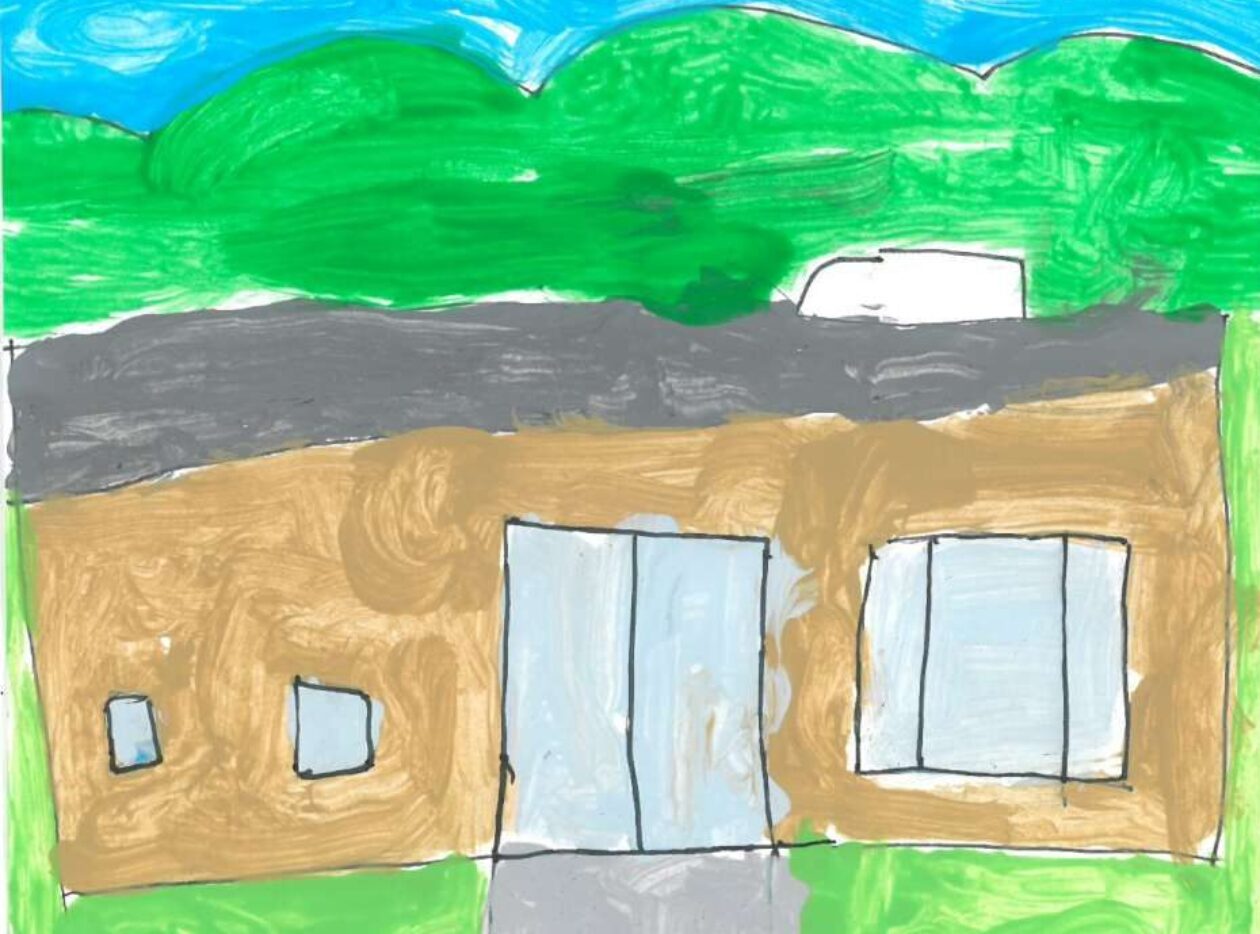Drymen Nursery
Medication/Allergy Policy
Policy Statement
Medication will be administered to a child by a nominated person in response to a request from the parent/carer, as the child’s health and welfare should be supported at all times. Procedures are as recommended by Stirling Council’s Health and Safety Management Handbook, and have been upheld by the councils insurers. This also takes guidance from Care Inspectorates Management of medication in daycare of children and childminding services.
Procedures:
It is important that a distinction is made between prescribed and non-prescribed medicine.
- Prescribed Medication – Any medication requiring a dental or medical practitioner’s prescription.
- Non-Prescribed Medication – Any medication not requiring a dental or medical practitioner’s prescription.
Drymen Nursery will ensure to keep an accurate, up to date record of all medicines the care service administers to a child while they are in the care of the service. This will be kept in their personal plans and medication folder.
The medicine form should include:
- Name of the medicine as stated on the dispensing/product label
- Strength of the medicine as appropriate, for example 500mg or 5mg/10ml
- Form of the medicine, for example capsule, tablet, liquid
- Quantity of medicine, for example quantity received, quantity given
- Dosage instructions, for example one tablet to be taken three times a day
- Date of record, for example date medicine received or given
- Time of administration
- Signature and name of the person making the record
- Reasons why a regular medicine is not given as prescribed, for example child refused the medicine, medicine was not available
Prescribed Medication
- All prescribed medication should be delivered personally to the keyworker or a member of staff and an appropriate medication form should be completed.
- Clear written, signed instruction from the Pharmacist/Doctor on the medication which include frequency/duration of course and date prescribed. These details and the child’s name should be clearly marked on the medication container.
- Medication should only be administered if it is in its original container with the prescription label on the medicine.
- All prescribed medication should be kept out of the reach of the children in a lockable receptacle.
- If the medication has expired, we will not administer the medicine to the child. Where any change in medication occurs, clear written instruction from the parent or carer should be provided.
- A written record detailing the issue of all prescribed medication to children should be kept, together with the administration instruction from the parent/carer. These instructions should be checked before administrating the medication.
- Parents/Carers MUST give the child their first dosage of the medication after it has been prescribed.
- When the child is in our care, parents/carers MUST inform us when the medicine was last administered specifying the time and if it was fully consumed.
- If a child spits out medicine, this should be recorded and passed on to parents/carers. If the medication is for a serious or life threatening condition the nursery Head/PECE should be informed and a decision should be taken in consultation with parents/carers as to next course of action.
Medication Review
All medication must be reviewed at least every 3 months.
- Review dates should be recorded within the diary to ensure regular monitoring.
- It should be recorded in the diary when the medication goes out of date.
- It should be recorded in the diary at least one month before the medication goes out of date to allow families to order more medication if required.
- Flow charts should be reviewed at least every 3 months in consultation with families.
- All medication documentation should be contained within the child’s personal plan and nursery medication folder.
- Medication should be returned to families when no longer required or upon expiry.
Training:
It is essential that anyone administering prescribed medication is given sufficient information and training to carry out the administration. In complicated situations, this would be given by the Pediatrics Community Nurse e.g. rectal Diazepam, Epi-pens.
Non-Prescribed Medication:
At the discretion of the senior leadership team, some non-prescribed medicines can be given. Parents should supply the medication in original packaging or bottles. A decision will be made once the appropriate risk assessment is completed (Within the PLP). All non-prescribed medication will be administered in line with the manufactures guidelines.
Conclusion
In implementing these guidelines, the health and wellbeing of all children is being given the utmost consideration. Any possible distress or harmful effects should then be eliminated.
Reviewed: 15th May 2023, 17th April 2024
Next Review: June 2025.

